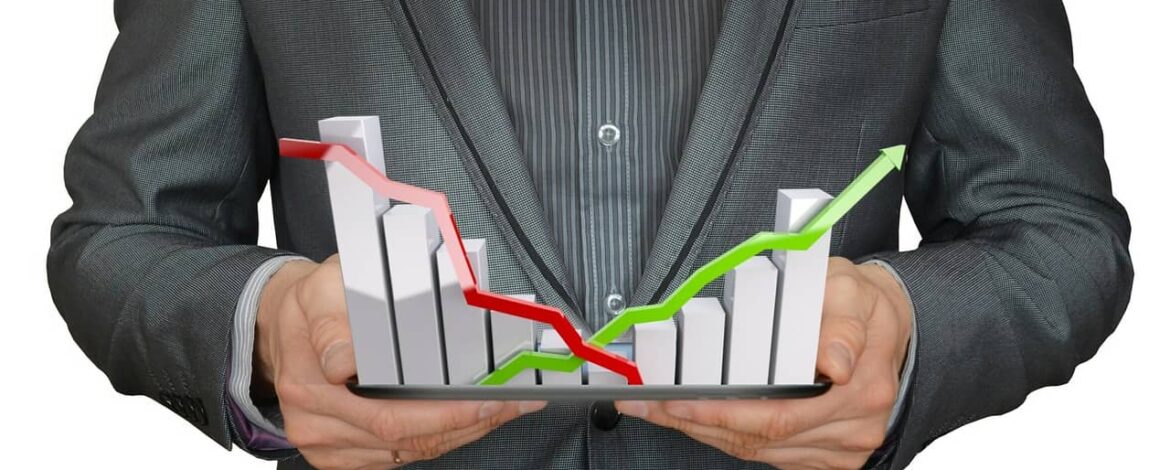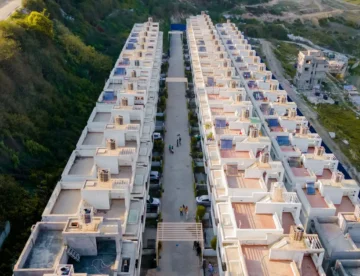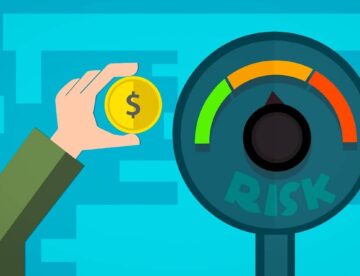Nepal’s real estate sector has grown significantly in recent years, driven by its expanding economy. From bustling urban developments to rural infrastructure projects, the correlation between economic growth and real estate is undeniable. But how exactly does economic prosperity shape the property market? Let’s delve deeper into this dynamic relationship.
The Economic Growth-Real Estate Connection
Economic growth directly influences the purchasing power of individuals, which subsequently impacts real estate demand. When the economy thrives, employment rates increase, incomes rise, and more people aspire to invest in homes, commercial spaces, and land.
1. Rising Disposable Incomes and Housing Demand
A growing economy means higher disposable incomes. With a stable income source, many Nepalese are now exploring options to own their dream homes or invest in rental properties. The urbanization of cities like Kathmandu, Pokhara, and Bharatpur is a testament to this trend.
Example: As per recent studies, urban housing demand in Nepal has risen by 15% over the past decade, paralleling a steady increase in GDP.
2. Infrastructure Development and Property Value
Economic growth often leads to government and private sector investments in infrastructure. Projects like new highways, bridges, and public transport systems boost connectivity and enhance the value of nearby properties.
For instance, the Tribhuvan International Airport expansion has significantly raised property values in its surrounding areas.
3. Foreign Direct Investment (FDI) and Real Estate
FDI inflows are crucial for developing countries like Nepal. When foreign businesses invest in Nepal, they create jobs, which boosts the local economy. In turn, expatriates and professionals demand high-quality residential and commercial properties, pushing real estate development forward.
Example: The hotel and hospitality industry has surged due to increased FDI, indirectly benefiting real estate near tourist hubs.
4. Inflation and Real Estate as a Safe Haven
While inflation reduces purchasing power, real estate often becomes a safe investment option during such times. Economic growth, coupled with controlled inflation, encourages individuals to hedge their assets by investing in land and buildings, safeguarding their wealth against currency depreciation.
Challenges to Consider
Despite the positive impact, Nepal’s real estate market faces challenges like fluctuating land prices, bureaucratic hurdles, and limited access to affordable housing loans. Policymakers and industry leaders must address these bottlenecks to sustain the sector’s growth.
Economic growth and real estate in Nepal are intricately linked. As the nation’s economy progresses, it fosters a robust property market driven by higher incomes, better infrastructure, and increased investor confidence. To fully harness this potential, both private stakeholders and government bodies must work together to ensure sustainable development.
Recommended reading: How Real Estate Developers are Improving Transparency in Nepal






